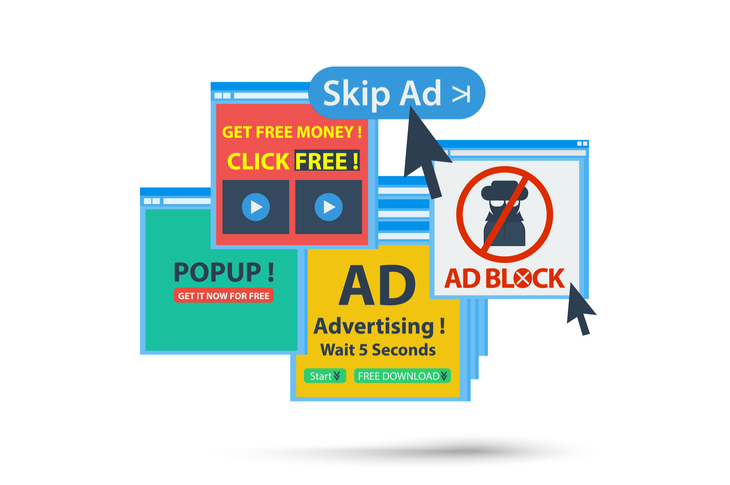Why content marketing is neither advertising nor PR

“Oh, content marketing? Is it like PR [public relations]… or maybe advertising?!” Content marketing is an upcoming field, so we don’t blame you if you’ve fallen prey to this line of thought. But times change. And you should too.
First, what is content marketing?
“Content marketing is a strategic marketing approach focused on creating and distributing valuable, relevant, and consistent content to attract and retain a clearly defined audience – and, ultimately, to drive profitable customer action.”
Still sounds like advertising?
Advertising may have the same end goal as content marketing, but it is simply one of the ways marketers can distribute their content. You pay for placement in advertising, while with content marketing, content is an asset where the brand owns the media.
PR, on the other hand, is about attracting press reviews to a product or service by connecting with journalists and editors. But content marketing involves drawing focus through story-led content.
While these explanations suffice for a rudimentary understanding, here are some significant points of differentiation that can ensure in-depth knowledge that will last you long:
1. Goal
- Marketers use content marketing on a regular basis to conceptualise strategies, drive campaigns, and boost customer engagement. PR on the other hand is ‘event-driven’; marketers employ it during specific occasions like conferences, trade fairs etc. to promote the brand.
- The goal of advertising is to provide valuable information to customers by raising brand awareness. Content marketing has the same goal but is more focused and long-term. It is an ongoing process that ultimately aims at improving sales and customer interaction with the brand.
2. Cost
- PR is more expensive especially if the scale of the event is large and influencer reach is high. Content marketing, on the other hand, is more cost-effective if marketers know the needs of their audience and share relevant information accordingly.
- Content marketing has been proved to be 62% more cost-effective than advertising and delivers 3x more leads.
3. Audience
- The purpose of PR promotions is to drive engagement for specific events or products. On the contrary, content marketing is a more focused approach. It aims to educate a potential target audience and helps them make more informed decisions about the brand.
- Traditionally, advertising is aimed at a rented audience where money is paid by businesses to distribute their message across platforms. Content marketing leverages brands by helping them build credibility among their audience and hence retain them. It allows customers to find the brand because it fulfils a requirement and delivers a valuable experience to them.
4. Reach
- Lastly, the reach of a driven PR event is extensive while content marketing aims at a niche audience.
- In terms of reach, advertising falls behind because brands have no idea if their message is reaching the target audience at their time of need. But when done correctly, with content marketing, customers who look for the information are the ones who actually need it. This boosts engagement and drives a better ROI for the brand.
As for which works better out of the three – content marketing, advertising, or PR – we shall let the numbers speak for themselves:
- 72% of marketers choose content marketing over print advertising because it offers a better ROI, while 69% feel it is more effective than PR.
- Demand Base, a marketing technology provider for B2B businesses, generated over $1 million through content marketing.
- Toshiba used a massive content marketing campaign to boost its rankings. The shift to content marketing helped the brand generate 16,000 global followers on LinkedIn.
Even if you’re unwilling to choose between them, wisdom lies in creating a healthy mix of the three.
Additional sources:
https://www.semrush.com/blog/native-advertising-vs-content-marketing-what-s-the-difference/
https://www.copypress.com/blog/content-marketing-vs-traditional-advertising/
